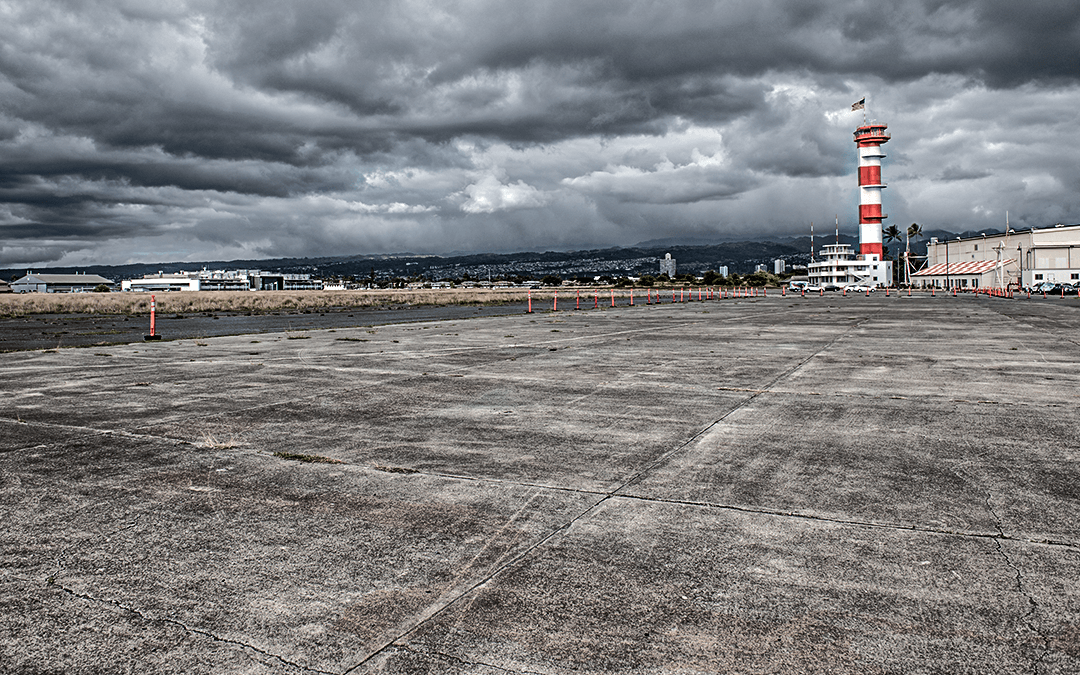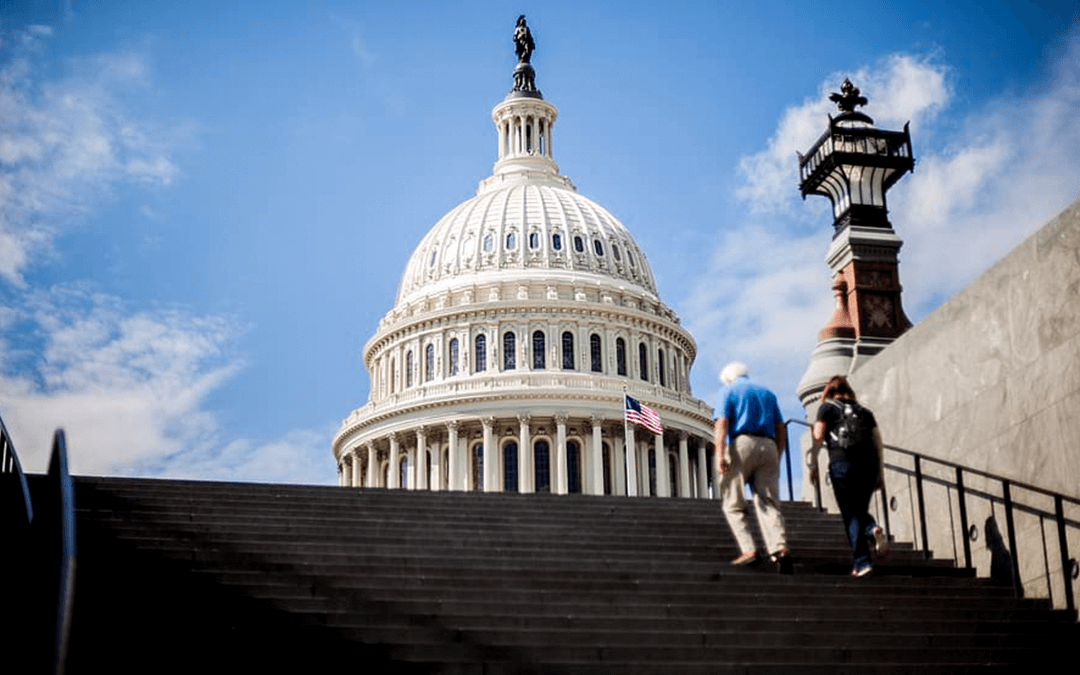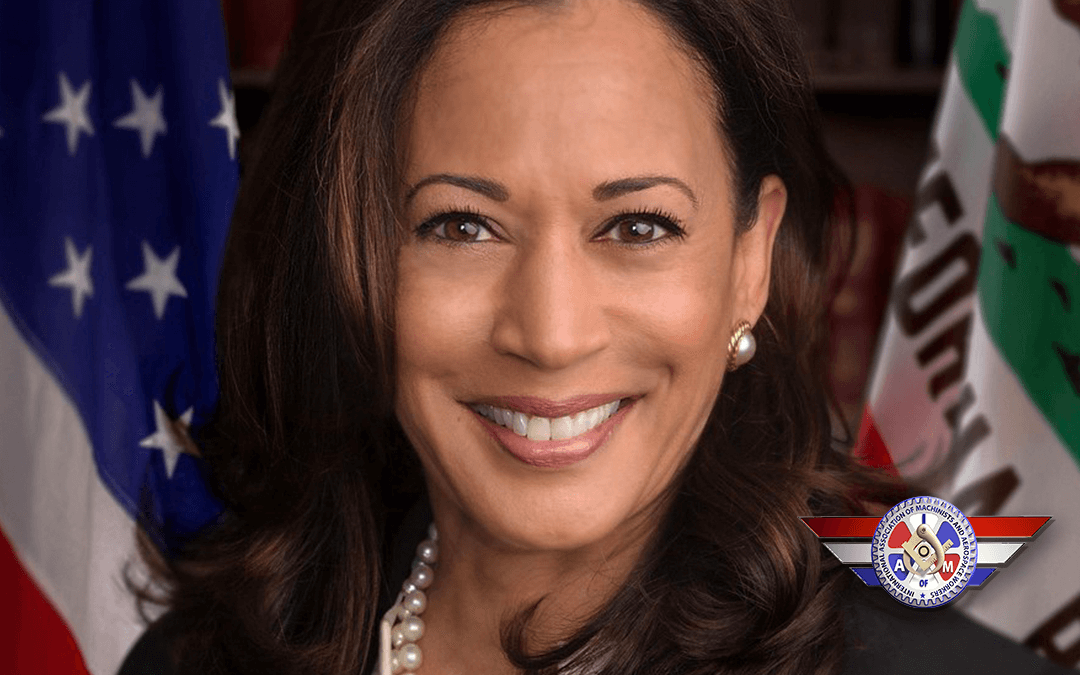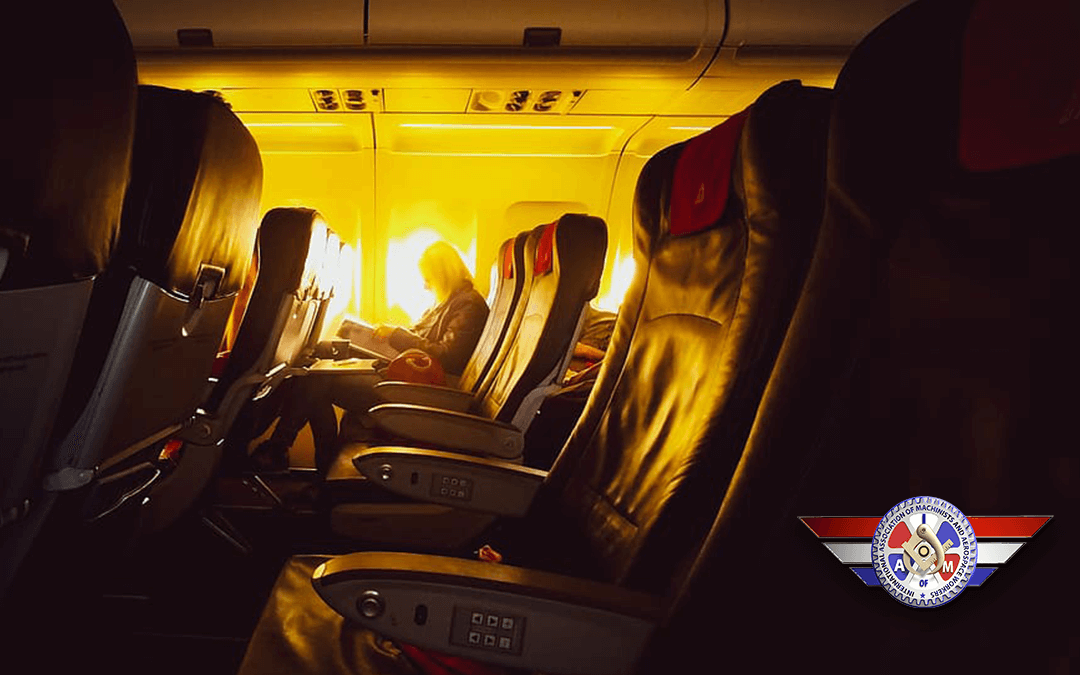
by Eric Price | Aug 26, 2020 | Airlines, American, COVID, Featured, Featured News, Front Page, Hawaiian, MNPL, Organizing, Philippine, Row 2, Spirit, Uncategorized, United
American Airlines announced plans to eliminate the jobs of “at least” 40,000 employees if lawmakers do not quickly renew funding for payroll support programs. The furloughs would begin within hours of the expiration of the Payroll Support Program (PSP), the section of...

by Eric Price | Aug 25, 2020 | Airlines, COVID, Featured News, Front Page, MNPL, Organizing, Row 2
The Paycheck Support Program contained in the CARES Act is set to expire on October 1, 2020. Carriers are making plans on how to deal with its loss, and the outlook doesn’t look good for airline workers. American Airlines is expected to announce thousands of...

by Eric Price | Aug 18, 2020 | Airlines, COVID, Featured, Featured News, Front Page, MNPL, Row 2
The United States Senate officially began its Summer recess on Thursday, without reaching an agreement for another round of coronavirus relief. Senate Majority Leader Mitch McConnell (R-KY) announced the decision, as Republican and Democratic leaders remain deadlocked...

by Eric Price | Aug 12, 2020 | Airlines, Featured, Featured News, Front Page, MNPL, Row 2
Ending weeks of speculation, Democratic presidential candidate Joe Biden announced on Tuesday he has selected Senator Kamala Harris as his running mate. If elected, Harris will become the first woman to hold the office of Vice President of the United States. She would...

by Eric Price | Aug 12, 2020 | Airlines, American, COVID, Featured News, Front Page, Hawaiian, MNPL, Uncategorized, United
As a consequence of the pandemic and associated restrictions, African airlines are forecast to lose $2 billion in 2020. Without urgent financial relief, the industry is at risk of collapse, putting about 3.3 million jobs and $33 billion in African GPD in jeopardy. To...

by Eric Price | Aug 11, 2020 | Airlines, American, COVID, Featured, Featured News, Front Page, Hawaiian, MNPL, Row 2, Uncategorized, United
More than 800,000 Americans passed through TSA checkpoints on Monday, the most since mid-March. The uptick comes as key Senators begin to voice support for an additional round of payroll assistance for airlines, and stock prices for carriers post their most...







